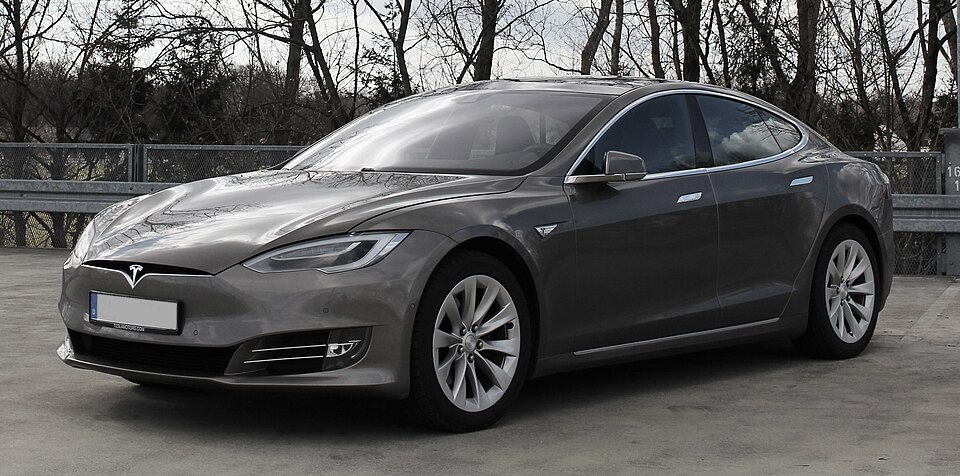As the world grapples with soaring fuel prices, consumers are increasingly scrutinizing their transportation choices. In 2023, the debate between electric vehicles (EVs), hybrids, and traditional gas-powered cars is more relevant than ever. According to Bloomberg Green, the average global price of gasoline has surged by 30% this year. With such dramatic increases, understanding the best vehicle option for your needs is crucial. This article will navigate the complexities of choosing between EVs, hybrids, and gas cars, offering insights into cost efficiency, environmental impact, and technological advancements.
The Electric Vehicle Advantage
Why EVs Are Gaining Popularity
Electric vehicles are no longer the niche market they once were. With brands like Tesla, Rivian, and BYD leading the charge, EVs are becoming more accessible and attractive. In 2023, EV sales are projected to exceed 10 million units globally, according to Reuters Mobility. Here’s why:
- Lower Maintenance Costs: EVs have fewer moving parts than traditional cars, leading to reduced maintenance expenses.
- Government Incentives: Many countries offer tax breaks and rebates. For instance, the U.S. provides up to $7,500 in federal tax credits.
- Environmental Benefits: EVs produce zero tailpipe emissions, helping to reduce urban pollution.
Charging Infrastructure and Battery Tech
Charging an EV has become more convenient with the expansion of charging networks. Companies like ChargePoint and Tesla’s Supercharger network are continuously growing. According to InsideEVs, there are now over 1 million public charging stations worldwide.
- Home Charging: Installing a home charging station can significantly reduce costs and increase convenience.
- Battery Life: Advances in battery technology, as reported by MIT Technology Review, have led to longer ranges and faster charging times.
Hybrids: The Best of Both Worlds?
Understanding Hybrid Vehicles
Hybrids, such as the Toyota Prius and Hyundai Ioniq, combine a gasoline engine with an electric motor. They offer a compromise between the high range of gas cars and the low emissions of EVs.
- Fuel Efficiency: Hybrids can achieve up to 50 miles per gallon, making them an economical choice.
- Reduced Emissions: While not as green as EVs, hybrids emit significantly less CO2 than traditional gas cars.
Are Hybrids Worth It?
Hybrids are ideal for those who want to reduce their carbon footprint without committing to full electrification.
- Cost Considerations: Hybrids typically cost more upfront than gas cars but are cheaper than most EVs.
- Flexibility: They offer the convenience of a gas engine for long trips with the added efficiency of an electric motor for city driving.
Gas Cars: Still a Viable Option?
Pros and Cons of Gasoline Vehicles
Despite the shift towards greener technologies, gas-powered cars remain prevalent. Brands like Ford and Volkswagen continue to innovate, offering more fuel-efficient models.
- Initial Cost: Gas cars often have a lower purchase price compared to EVs and hybrids.
- Availability: There’s a wider range of models and options available.
- Fuel Costs: The downside, however, is the volatile nature of fuel prices, which can significantly impact running costs.
When to Choose a Gas Car
Gas cars might still be the best choice for certain consumers:
- Infrastructure: In regions with limited charging infrastructure, gas cars offer unmatched convenience.
- High Mileage: For those who frequently drive long distances, gas cars can be more practical.
Practical Tips for Your Next Vehicle Purchase
How to Make the Right Choice
Choosing between an EV, hybrid, or gas car involves considering several factors:
- Budget: Assess the total cost of ownership, including purchase price, maintenance, and fuel.
- Driving Habits: Consider your typical driving distances and access to charging or fueling stations.
- Environmental Impact: Decide how important emissions reduction is to you.
Where to Buy
- Dealerships: Offer test drives and financing options.
- Online Platforms: Websites like AutoTrader and Carvana provide a broad range of options and competitive pricing.
Comparison Checklist
- EVs: Best for eco-conscious individuals with access to charging stations.
- Hybrids: Ideal for those seeking efficiency without range anxiety.
- Gas Cars: Suitable for cost-conscious buyers in areas with limited EV infrastructure.
Conclusion: The Road Ahead
As fuel costs continue to rise, the choice between EVs, hybrids, and gas cars becomes increasingly significant. Electric vehicles offer a glimpse into a sustainable future, with expanding infrastructure and technology making them more viable each year. Hybrids provide a balanced approach for those not ready to fully commit to electrification. Meanwhile, gas cars remain practical in areas lacking robust charging networks. Ultimately, the best vehicle choice in 2023 depends on your personal needs, environmental priorities, and budget.
What do you think is the future of transportation? As technology evolves and the world becomes more environmentally conscious, staying informed will help you make the best decision for your next vehicle purchase.

